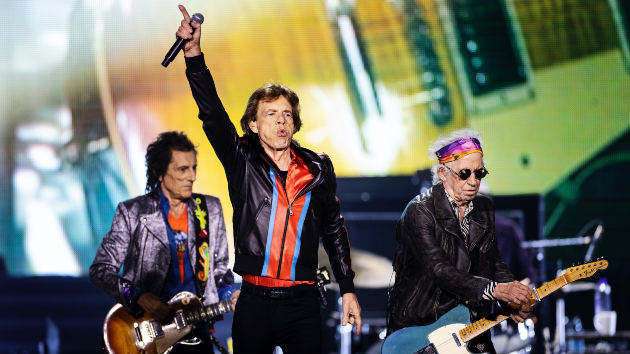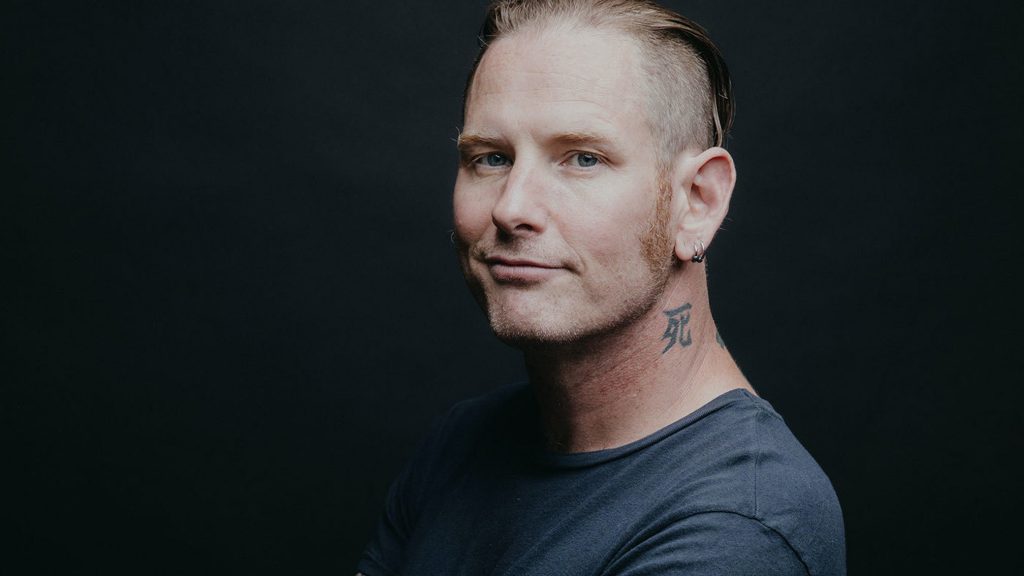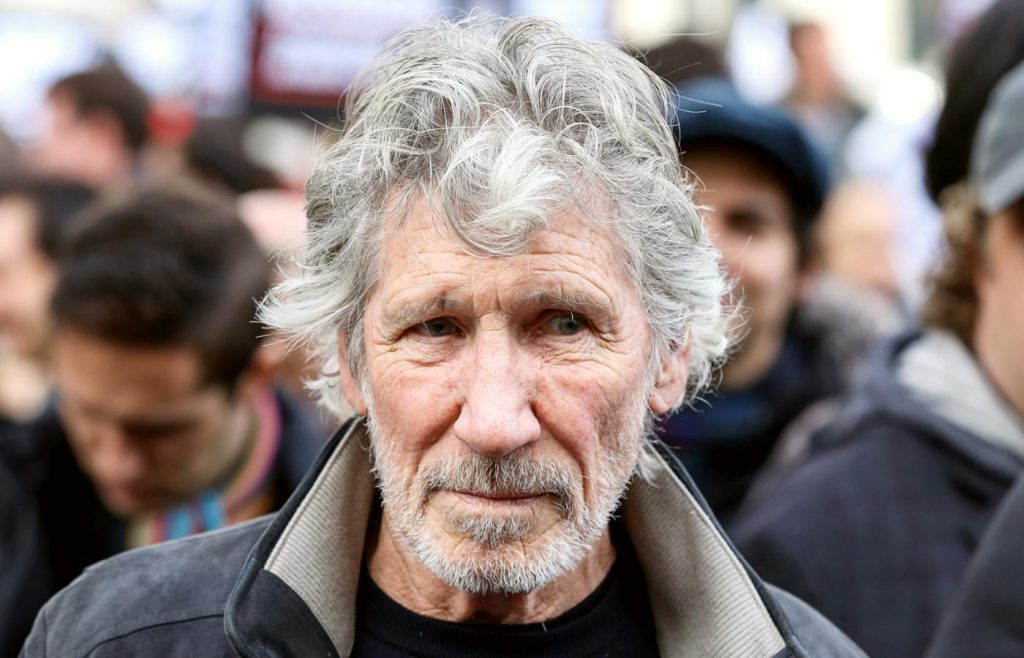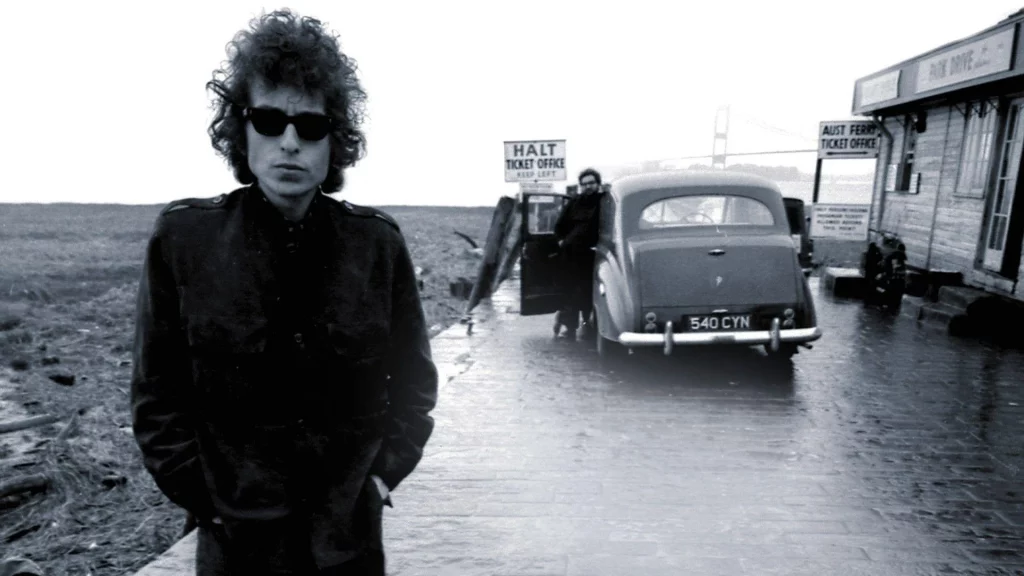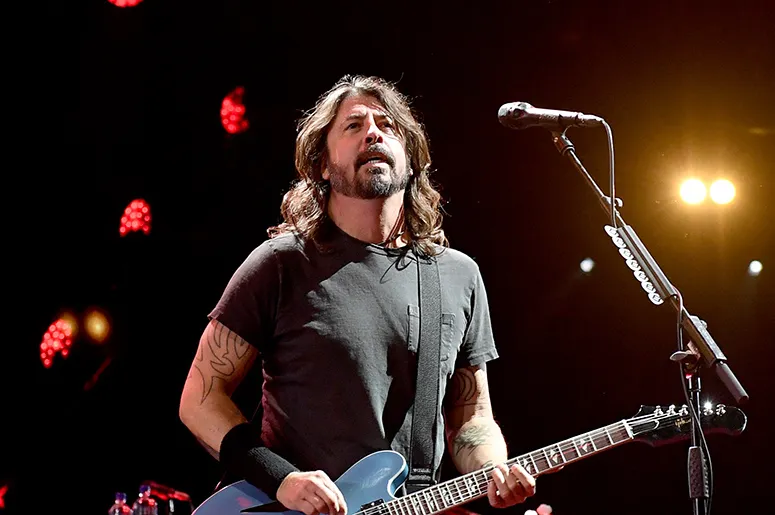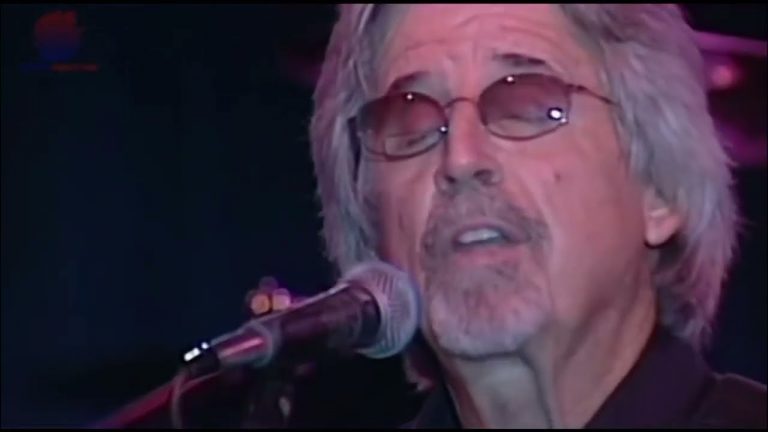When musical legends collide, magic is inevitable. On a night that will be etched into rock history, The Rolling Stones and Lady Gaga joined forces at Racket NYC to perform “Sweet Sounds of Heaven”—and the result was pure, soul-stirring brilliance.
The track, originally featured on The Rolling Stones’ 2023 album Hackney Diamonds, is a gospel-infused anthem that blends bluesy swagger with soaring vocals. While the studio version already carried a timeless quality, seeing it brought to life on stage with Lady Gaga was an entirely different experience—one that radiated raw energy and unfiltered joy.
The setting itself added to the magic. Racket NYC is an intimate venue, worlds away from the stadiums the Stones usually command. This closeness meant that every note, every glance, and every burst of emotion was felt tenfold by the lucky few in attendance. It was the kind of performance where you could see the sweat, the smiles, and the sheer thrill of artists feeding off each other’s passion.
From the very first chord, Mick Jagger was in his element—swaggering, grinning, and delivering each line with that iconic mix of grit and charm. But when Lady Gaga stepped to the mic, the room shifted. Dressed in true Gaga fashion—equal parts glam and rock ’n’ roll—her powerhouse voice filled the space, matching Jagger’s energy beat for beat. Their chemistry was electric, with moments of playful banter and soulful harmonies that felt both spontaneous and perfectly in sync.
As the song built towards its gospel-inspired crescendo, the energy became almost spiritual. Backed by a band firing on all cylinders, the two traded lines and pushed each other higher, their voices intertwining like they’d been performing together for decades. By the final notes, the crowd wasn’t just applauding—they were cheering as if they’d witnessed history.
And in a way, they had.
“Sweet Sounds of Heaven” live at Racket NYC wasn’t just a performance—it was a celebration of music’s timeless power to bring generations, genres, and giants together. For fans of both The Rolling Stones and Lady Gaga, it was the perfect meeting of worlds: classic rock royalty and modern pop icon, united in a moment that will echo far beyond the walls of that small New York club.

